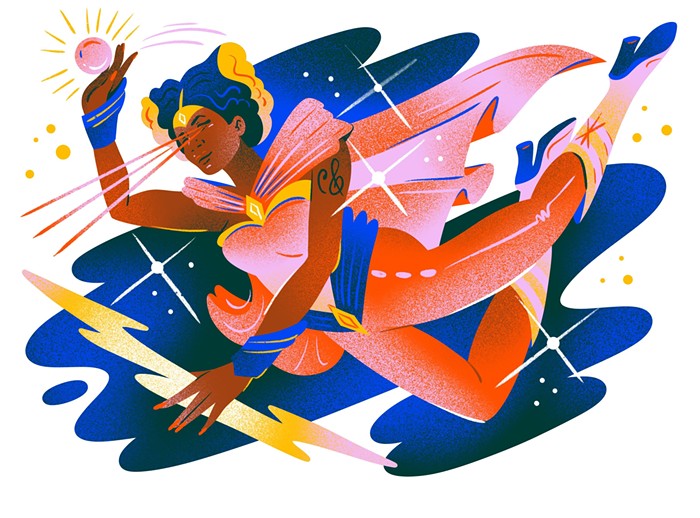A few years ago, a rice cooker awakened Jaha Koo from a deep depression. The South Korean composer and theater-maker had been losing friends and acquaintances to suicide at a rate of roughly one per year for a decade. When suicide took one of his closest friends, Koo retreated into himself.
At the bottom of his own black pit, an unlikely voice called out to him and lifted him up. "Cuckoo has finished cooking rice, please stir," the voice said.
Every South Korean home has at least one electric rice cooker, Koo explained to me over Skype, and his apartment was no exception. Like a lot of high-dollar electronic appliances, Cuckoo, which is the top brand in the country, talks to its users after it completes certain tasks. When the rice cooker informed Koo that it had cooked his rice, he said he felt touched.
"I was by myself, but suddenly I felt less alone. It sounds strange, but I felt encouraged by the rice cooker," Koo said.
In that moment, Koo began imagining the rice cooker as a theatrical object. To him, the preprogrammed voice trapped in a mass-market workhorse metaphorically resonated with the life of the average Korean millennial. The ironic sadness of being comforted by a product of a system that creates the discomfort in the first place seemed ripe for dramatic inquiry.
This spark of associations drove Koo to create Cuckoo, a piece of documentary theater connecting the fallout of the 1997 Asian financial crisis to a larger conversation about capitalism and mental health.
The performance features Koo discussing recent Korean history with three talkative rice cookers that were hacked and reprogrammed to speak, sing, and fight with each other. As he speaks with the machines, electronic music scores a kinetic video collage that mixes scenes from the financial disaster with relevant scenes from Koo's own life.
Koo's description of Korea's socioeconomic landscape should sound familiar to American millennials. In the early aughts, to revive the economy, the Korean government bailed out big businesses and privatized social services. In return, those businesses "didn't take care of normal people or poor people." Income inequality grew—and, as a result, social problems proliferated.
The economic collapse also created a rift between younger and older generations. As younger generations dealt with burnout and depression, older generations added insult to injury by blaming the youths for being inherently lazy and weak.
This generational divide extended into Koo's own work. He said the South Korean theater establishment, which thinks of the theater as "Shakespeare, Arthur Miller, and Molière," rejected his multimedia performances. Koo wanted to develop a contemporary Korean theater, one that welcomed the dramatic potential of technology, and one that could speak to younger generations.
Koo has had to create his new Korean theater in Germany, the Netherlands, and Belgium, where he's been working on Cuckoo and two other shows that form a trilogy about Western influence on his home country. At On the Boards on January 23, he'll show that work to an American audience for the first time.
He's nervous and excited about that opportunity. "If capitalism or neoliberalism is much stronger [in the US] than in Korea, I'll be very frustrated and sad... but if I can meet people who want to make the society better, I will appreciate them and be honored," he said. I'm sure both his hopes and his anxieties will be fully realized here in Seattle, one of capitalism's shiniest jewels.















